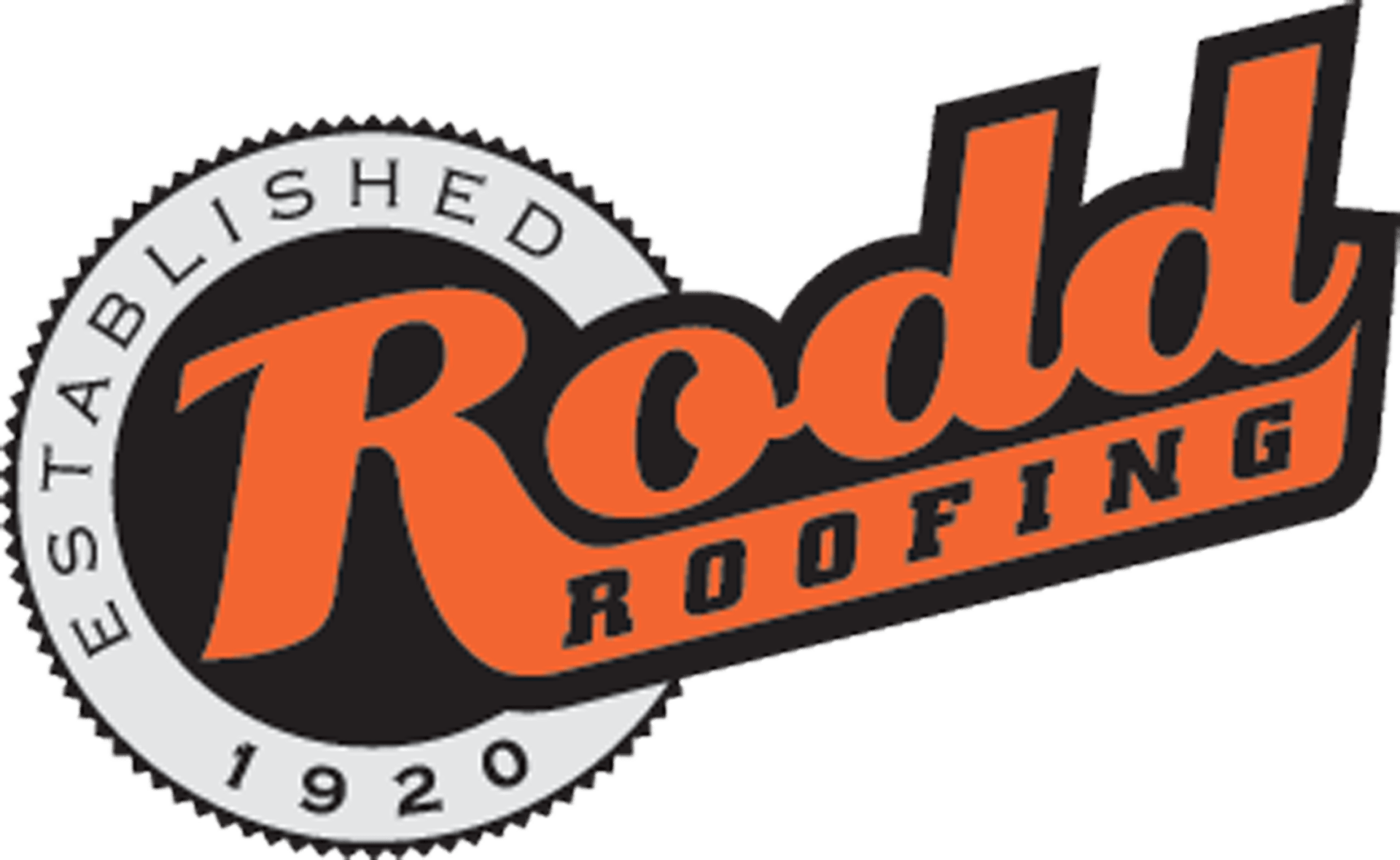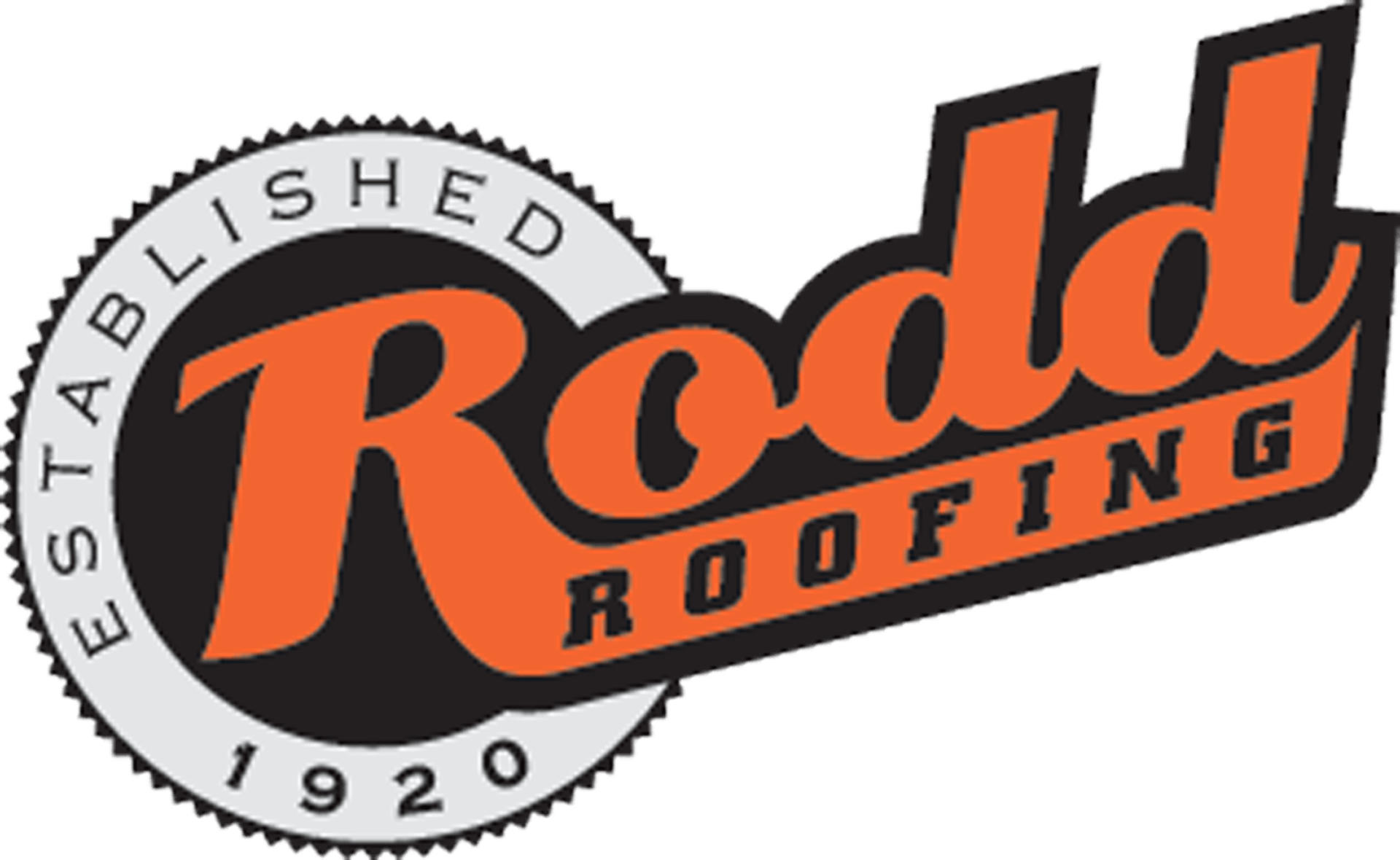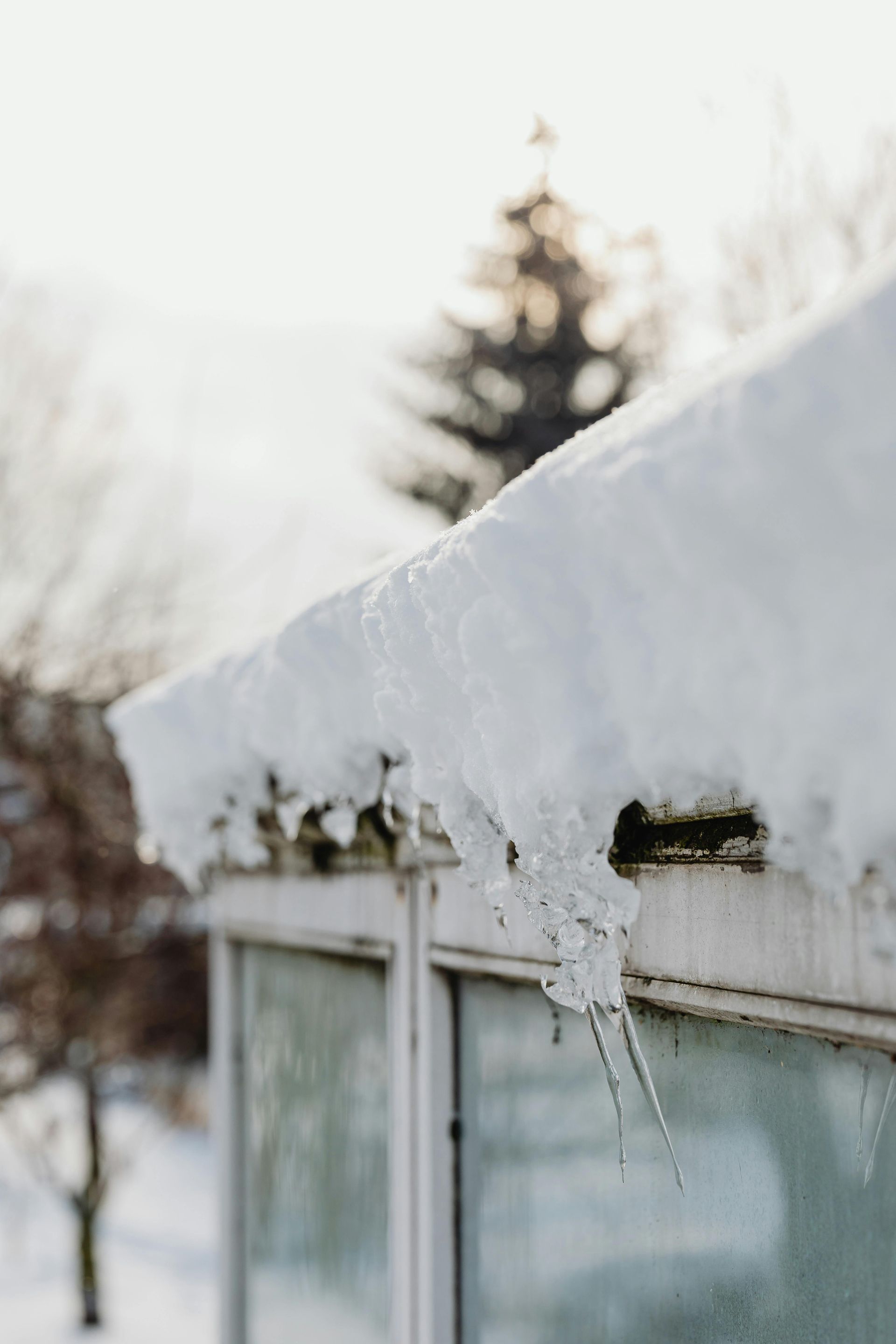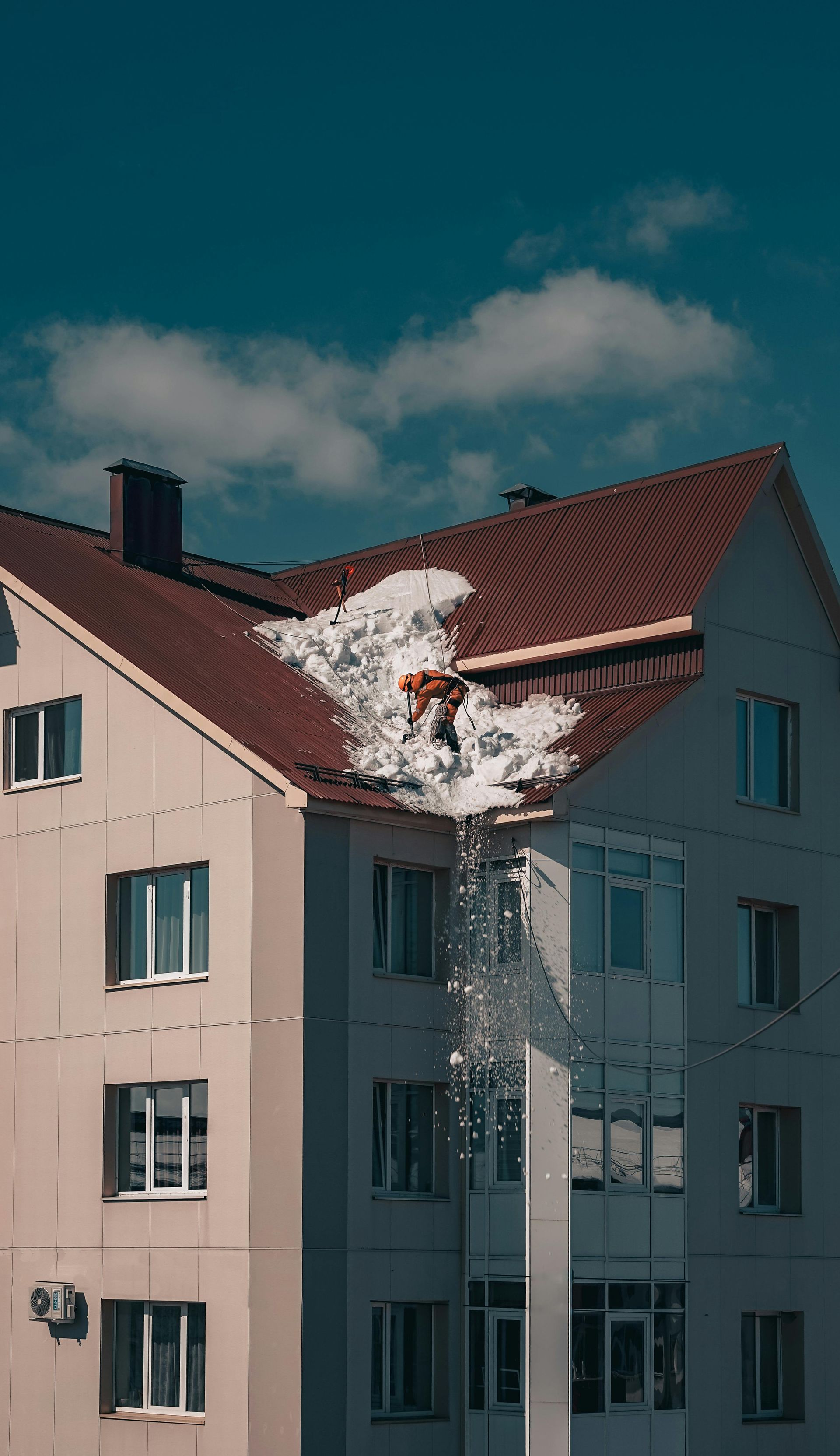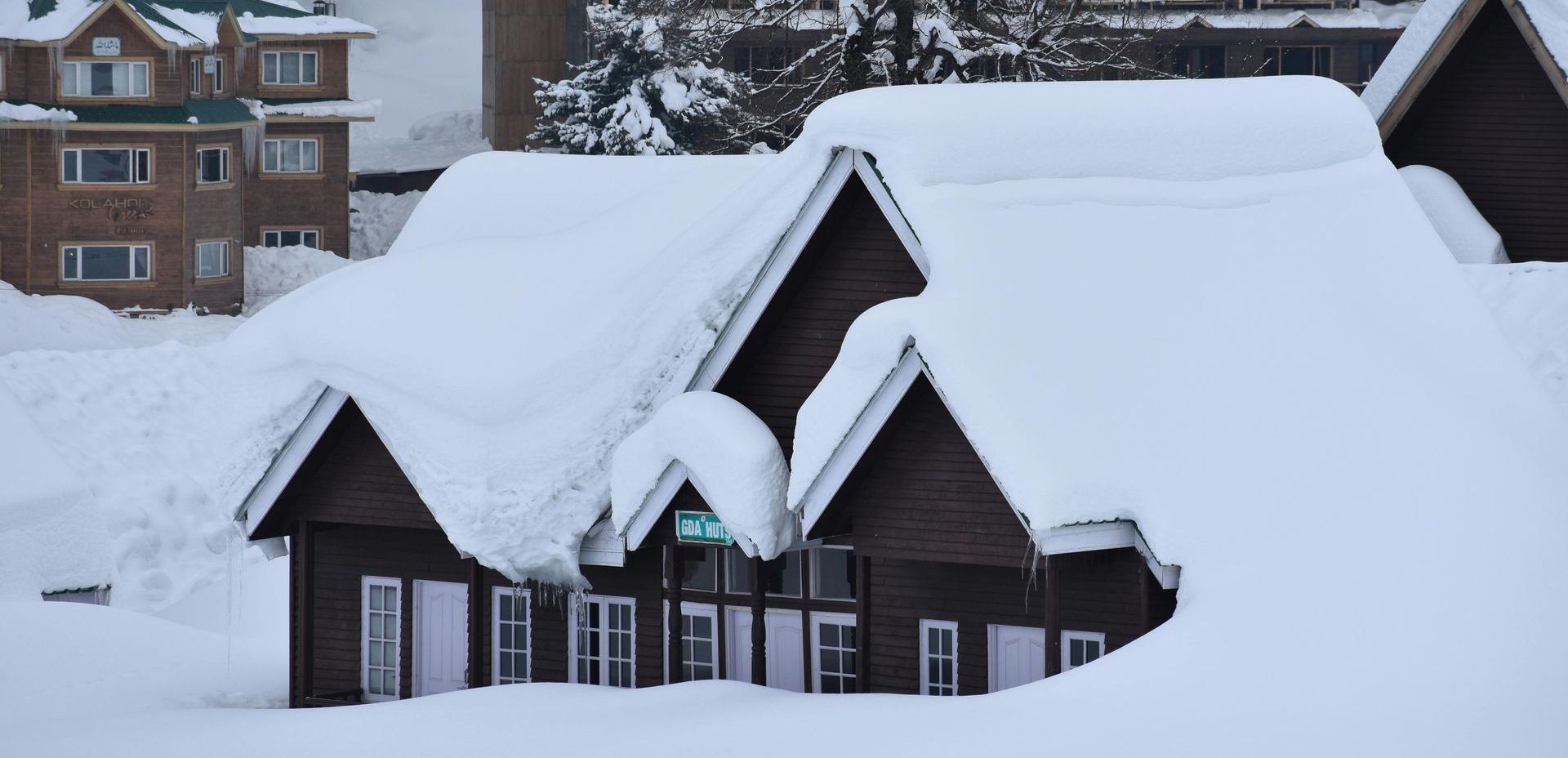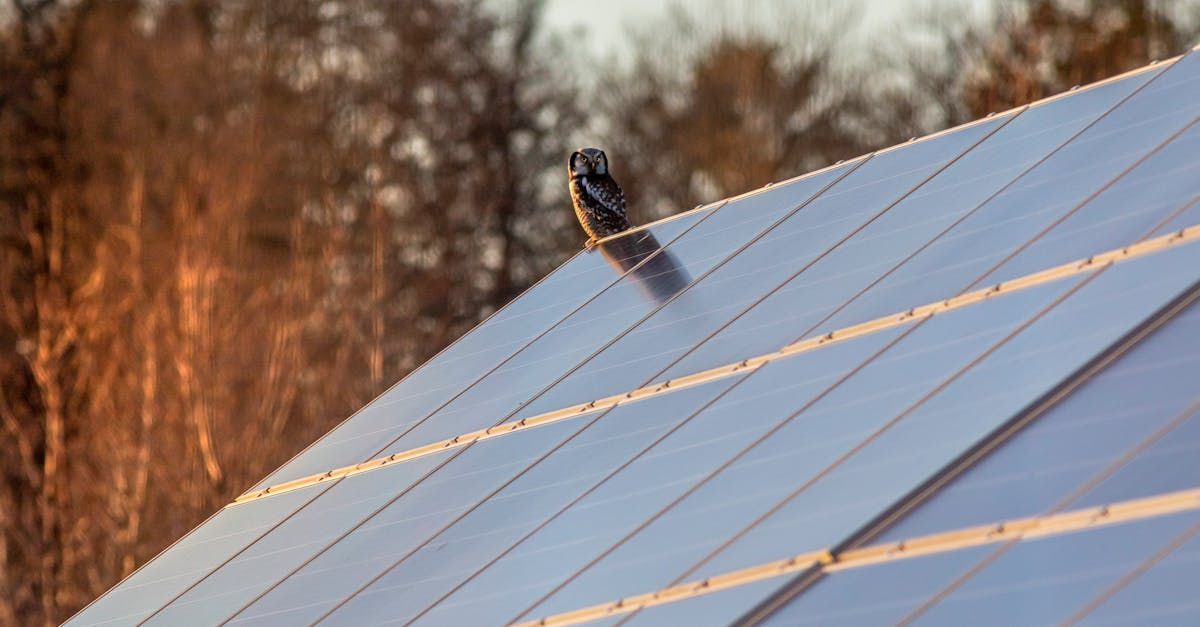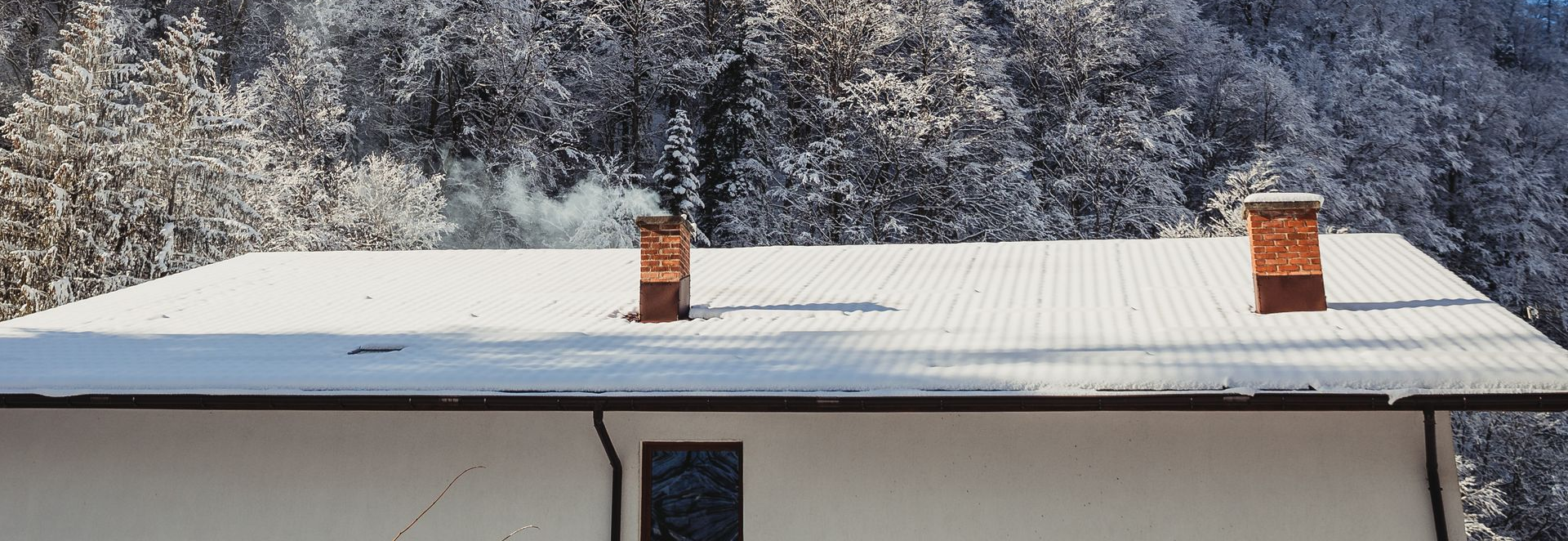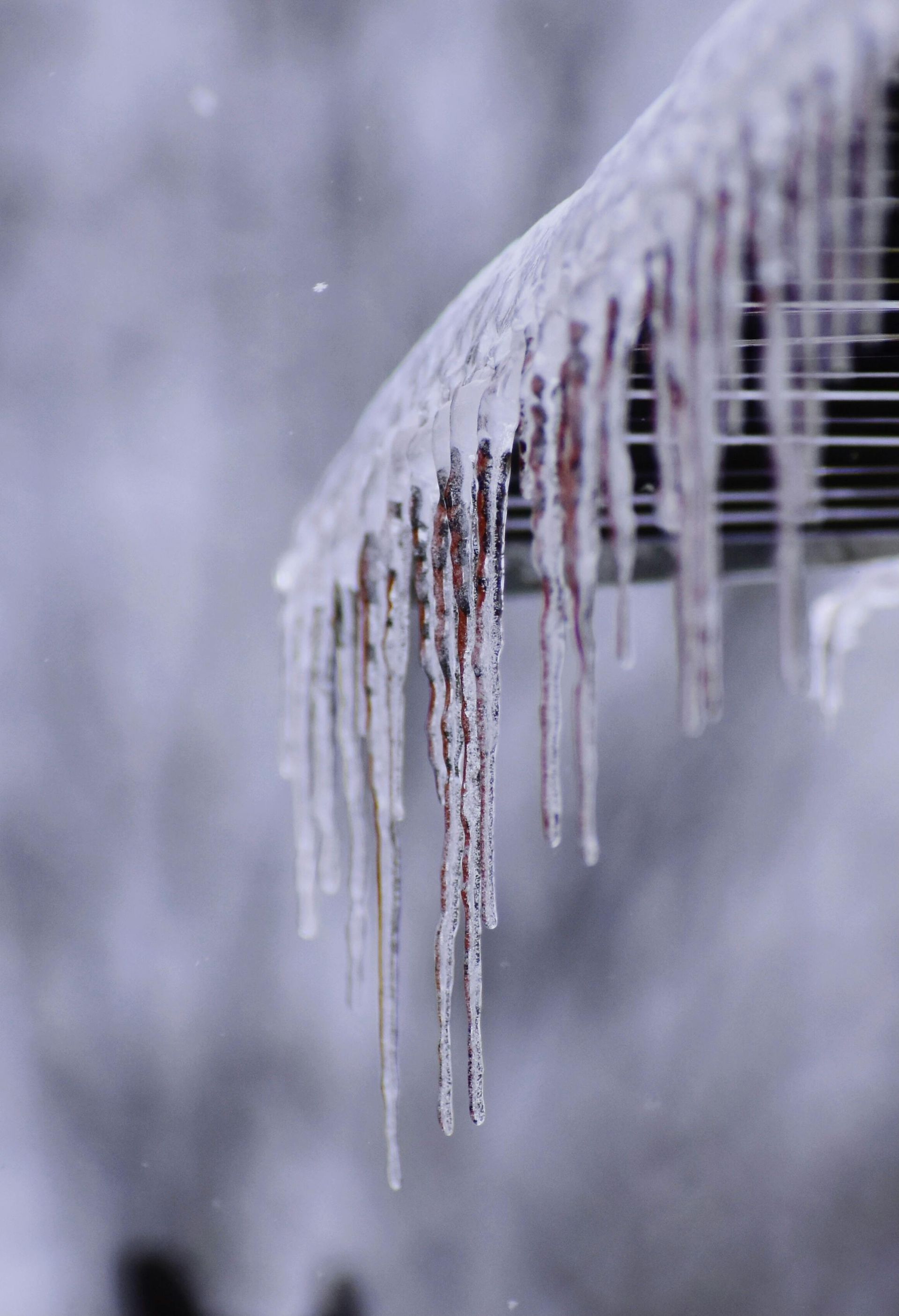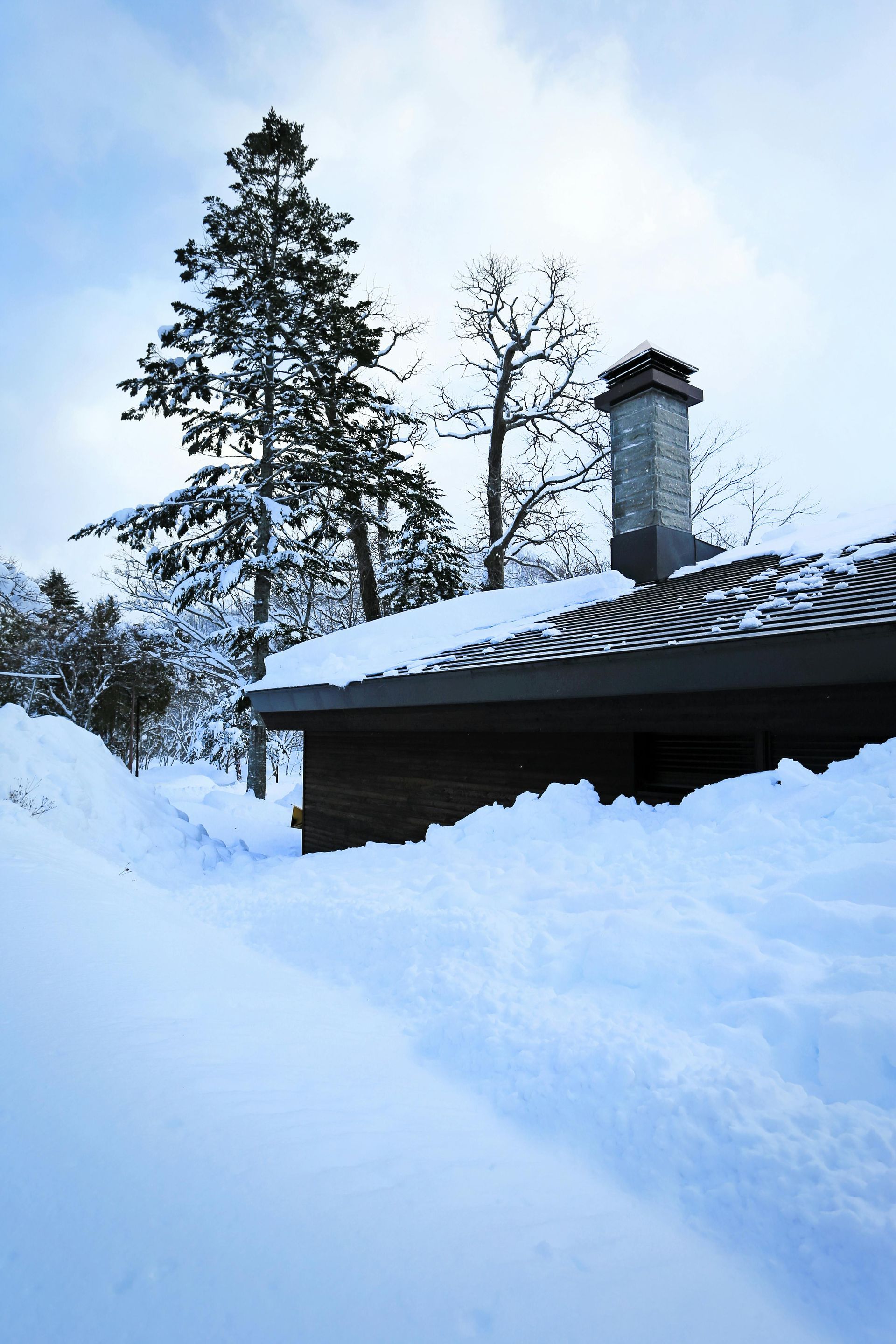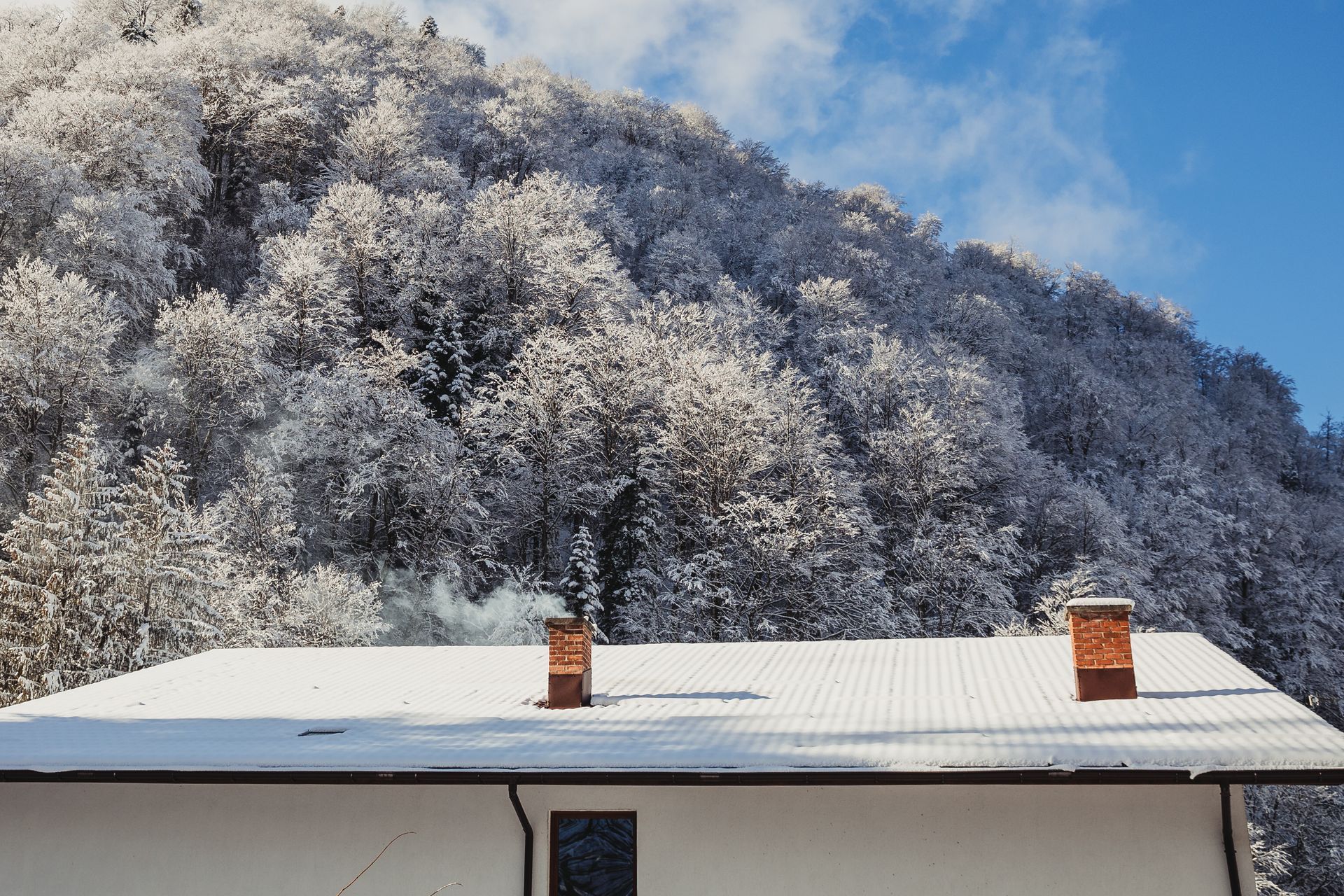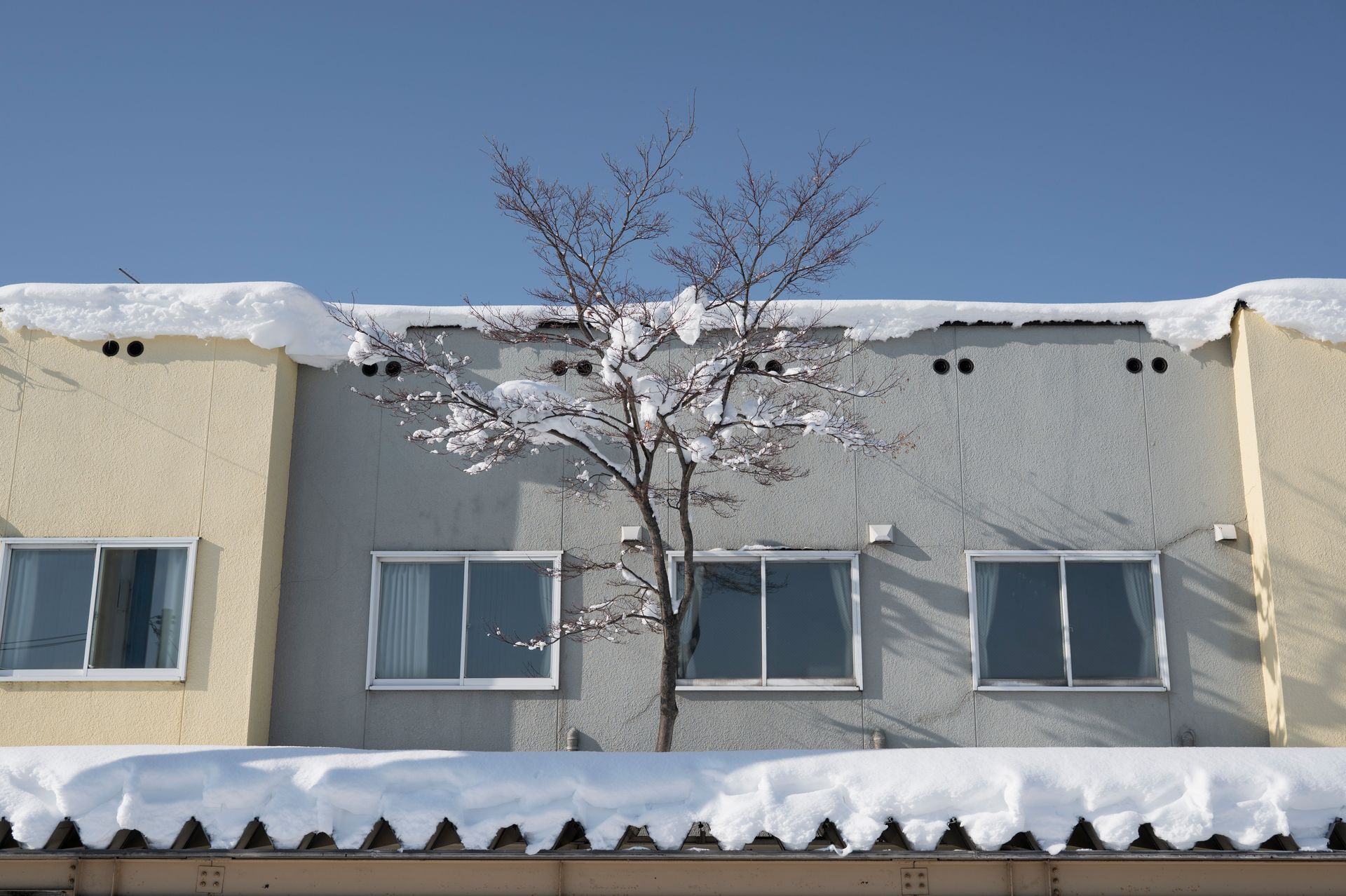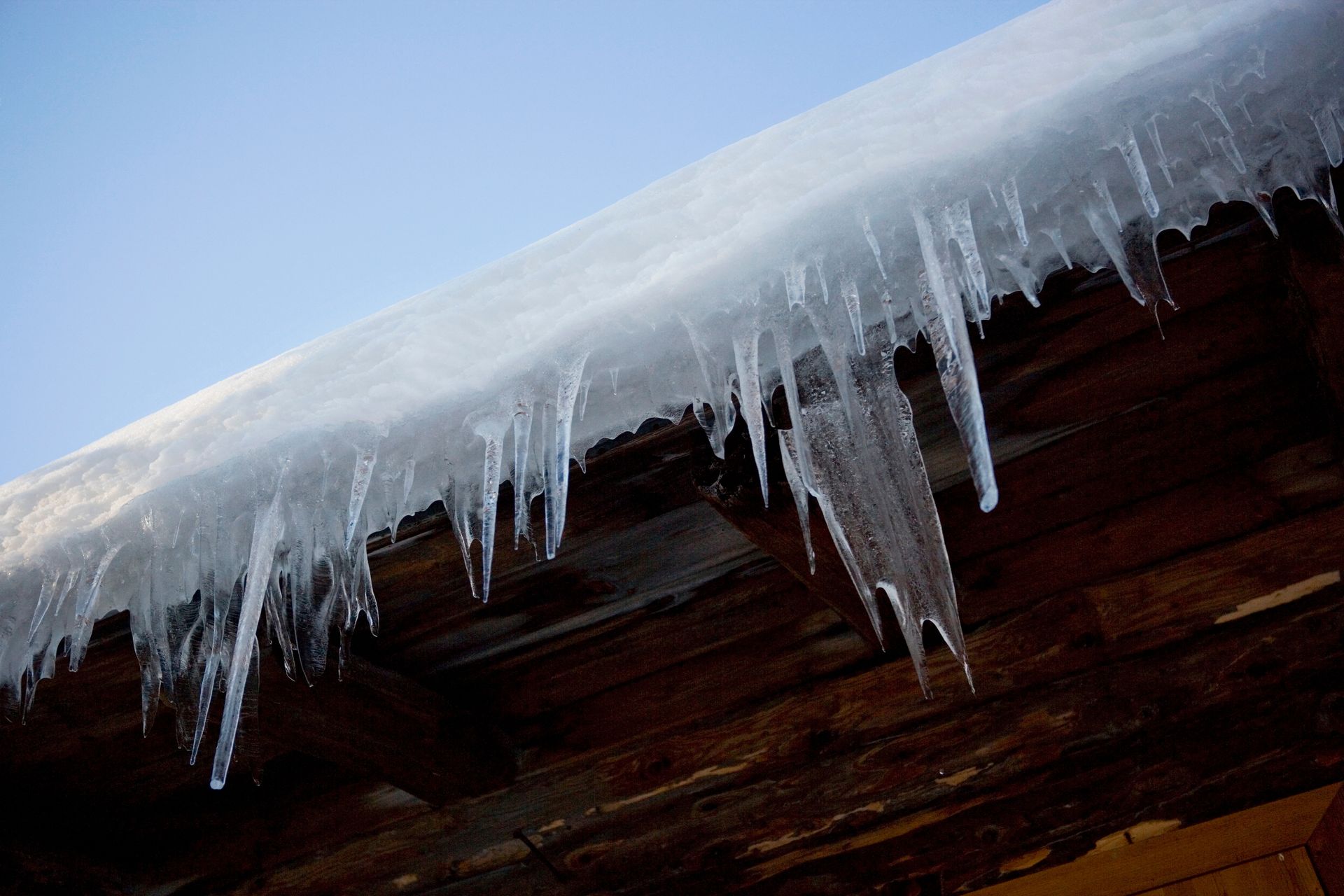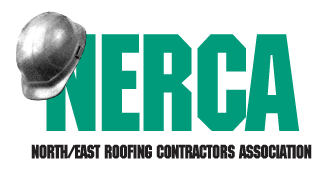How Winter Affects Commercial Roofs
How does winter affect your commercial roofing?
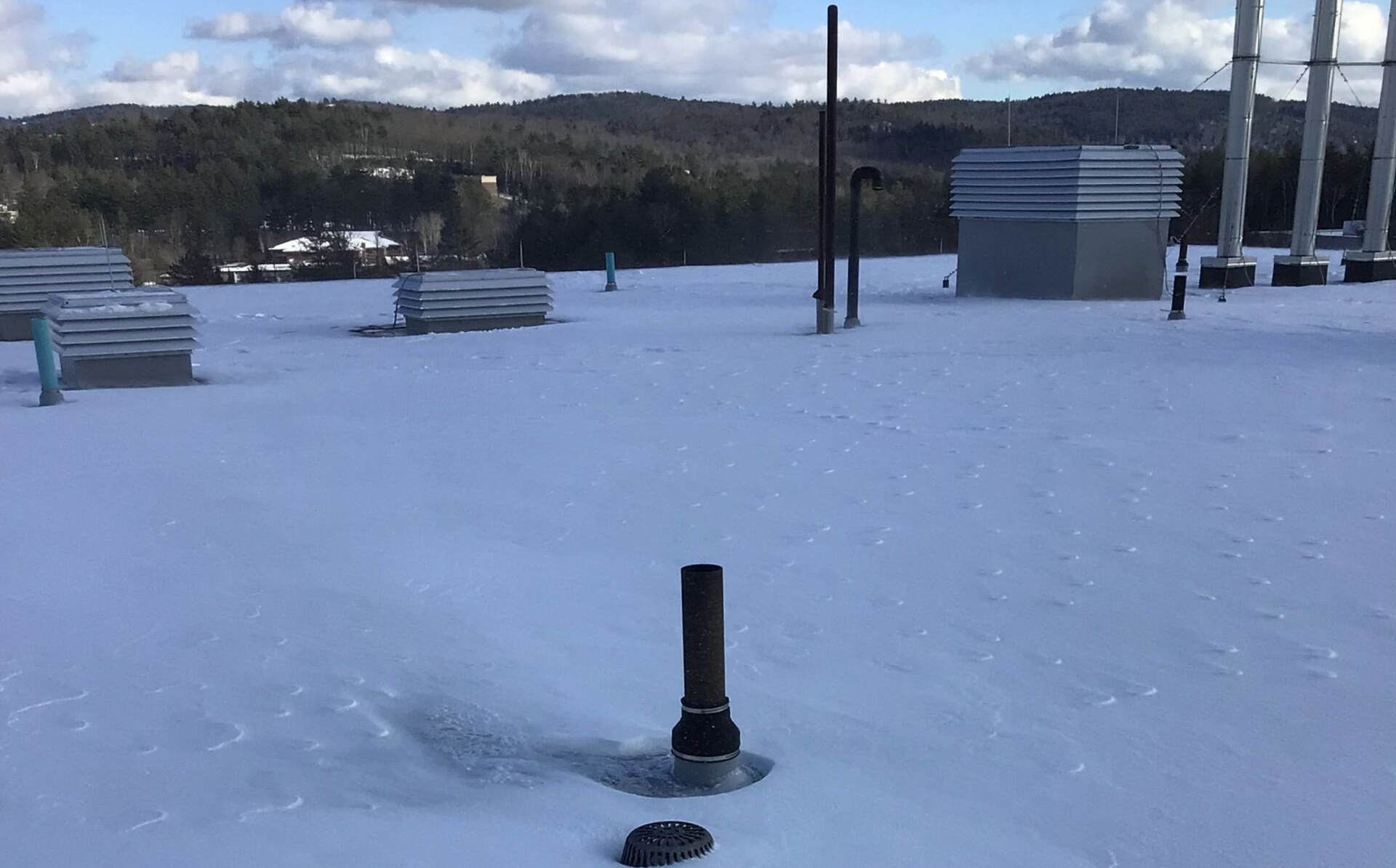
Now that Old Man Winter has settled in for the next few months, it's important to plan ahead to start assessing the damage your flat roofing system might have sustained. Severe winter weather can wreak havoc on commercial roofs, from unpredictable freezing and thawing cycles to heavy snowfall.
Roofs are designed to resist the environment for 10 to more than 20 years, especially in areas that experience extreme weather. A roof that has been well-maintained may even outlast its warranty. Ice, snow, and below-freezing conditions, on the other hand, can drastically reduce the lifespan of a commercial roof. The following consequences of winter weather on your commercial roof can be avoided with timely inspections and concentrated care.
Heavy Snowfalls
Snow accumulations are incredibly substantial, despite their light and airy appearance. Snow that has recently fallen can add up to 20 pounds (per cubic foot) to the weight of your roof. When 60 pounds of weight is added to the roof as a result of the partial thawing and refreezing of the snow, the roofing system is further pressured. Flat roofing is wreaked havoc by the weight, thaw, and freeze combo.
When winter makes its annual arrival, a deteriorated roof becomes an infrastructure concern. The seams of the roof are sensitive to the effects of heavy snowfall and the movement caused by freeze-thaw cycles. The lowest layers of snow melt when exposed to the building's internal heat, is then re-frozen by extreme cold snaps. The freeze cycle can be destructive to the roof system if the melted snow has pierced the roofing material or made its way into seams. Water expands as it freezes. Water trapped between the plies of your roof may freeze and "bust" the roofing layers, resulting in severely damaged seams or visible gaps. This freeze-thaw cycle might last well into the spring. As the roof system ages, it is decreasingly able to withstand the effects of harsh freeze-thaw cycles. The unfavorable outcome is a leaking roof.
A seasonal drainage assessment performed by a skilled roof inspector can help keep freeze-thaw damage at bay. Debris should be removed from the roof's drains, scuppers, gutters, and downspouts. Leaves and twigs clump together frequently on flat commercial roofing systems. A clear, unobstructed channel prevents blockages, which can lead to dangerous ice dams and worsen freeze-thaw damage.
Thermal Shock
Roof damage is common in buildings located in areas with high temperature variations. Thermal shock occurs when the daytime and nighttime temperatures are drastically different.
When the winter season arrives, the roof expands and contracts like clockwork. The roof stretches during hot summer days and contracts during cold winter nights. Cracks, shrinkage, and tension on the roof's seams result from constant roof expansions and contractions.
Furthermore, heat stress reduces the overall tensile strength of the roof, which is considerably diminished after repeated expansions and contractions. The roof membrane or plies degrade with time as they lose their ability to expand and shrink functionally.
When it comes to preventing thermal shock, hiring a roofing specialist twice a year to inspect the roof is recommended. Stress cracks and other symptoms of wear will be examined by the technician. A roofing expert will compare images from previous inspections with the roof's current condition. The expert may recommend roof improvements to safeguard the system from the impacts of thermal shock.
Regular inspections and maintenance can increase the life of your business roof by up to 25%. Periodic inspections are beneficial to new roofing systems, but an aging roof requires special attention. Consult the specialists at Rodd Roofing if you suspect roof damage or want to take a proactive approach to commercial roof care.
How to prepare and protect your roof from Winter’s harsh effects:
- Inspect the seems and flashings at least twice per year.
- Repair open seems or damaged flashings as soon as possible to prevent moisture infiltration.
- Keep drains clear to allow melted snow and rain to drain from the roof as easily as possible.
